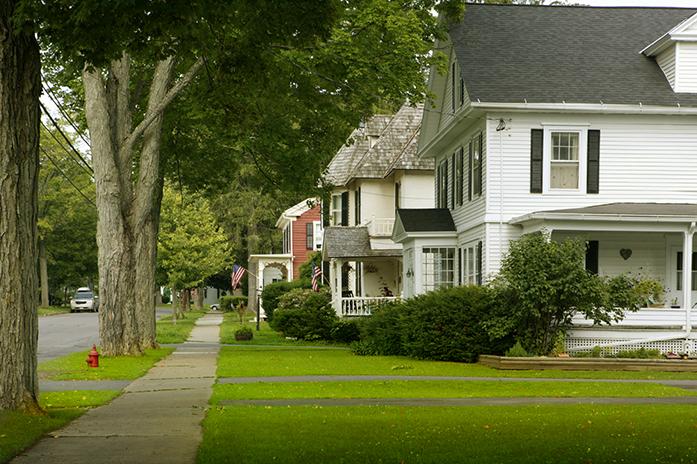Iowa City prepares for its first cohousing community, an eco-friendly way of living.
By Charles Peckman
Iowa City will soon join a network of cohousing — a movement that began in Denmark and is now slowly spreading to the United States. It will also be the first cohousing community in the state.
On Sept. 16, members of Iowa City Cohousing began their first of a series of informational meetings about Prairie Hill.
Del Holland, a member of the board of managers of Iowa City Cohousing, said cohousing is a neighborhood developed by the inhabitants.
“[Cohousing is] a community of people who share things in support of each other and subsequently know each other,” he said.
Prairie Hill will be located about a mile and a half from downtown Iowa City, near Benton Hill Park. The land was cleared for the project in April, but there is no current set date for construction to begin.
One major attribute of a cohousing community is the common house, which, Holland said, is “the physical and psychological center of the facility.” The common house will have many rooms for occupants to socialize in, as well as a large kitchen.
The units vary greatly in size; there are four 515-square-foot apartments in the common building, and other units range from 650 to 1,600 square feet, either in duplexes or townhouses.
One of the main focuses of a cohousing community is environmental friendliness, Holland said. This can be achieved in a variety of ways, such as recycling and turning off the lights — but Prairie Hill aims to take this environmentally friendly goal to a new level.
Scott Roser, a member of Iowa City Cohousing, said a library system will be created for appliances that people don’t use often.
“Those once-a-year appliances, such as pressure cookers, will all be stored in the common house and checked out as needed,” he said.
In addition to the “library system,” the common house will be the main site for washing machines and dryers. Although residents will have the option of bringing in equipment to their residences, having some in a centralized location will not only preserve recources but will also foster interaction among residents, Holland said.
Another way in which environmental friendliness is reached is through the community’s “pedestrian focus” effort, Holland said. As opposed to the traditional driveways in which cars can be parked and streets for those cars to be driven on, he said, Prairie Hill will have parking lots on the periphery of the community.
Holland said Prairie Hill is “people-focused, not vehicle-focused,” and the reasoning behind this is twofold. Having a no-vehicle neighborhood makes it easier for kids to play without the fear of being hit by a car and, Holland said, it increases the likelihood that people will use alternate forms of transportation.
“Alternate transportation is a really important thing for us as a community,” he said.
Barb Bailey, a member of the board of managers of Iowa City Cohousing, even said that in the future, Prairie Hill may entertain the idea of having Zipcars, a car-sharing service, which may eliminate the need for people to own their own vehicles.
Holland said there will also be gardens and orchards within walking distance from the homes, and residents will have the opportunity to grow and harvest their own fruits, vegetables, and nuts.
Holland summarized cohousing by saying that Iowa City will benefit greatly from it. He also quipped that people moving into Prairie Hill “buy into a community and get a house on the side.”







